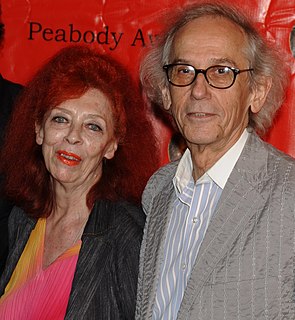A Quote by Chang-Rae Lee
So my first book I had no experience having written a book, but each book is a little snapshot of who you are at that moment, accrued all through time, so I accept that.
Quote Topics
Related Quotes
A travel book is a book that puts you in the shoes of the traveler, and it's usually a book about having a very bad time, having a miserable time, even better. You don't want to read a book about someone having a great time in the South of France, eating and drinking and falling in love. What you want to read is a book about a guy going through the jungle, going through the arctic snow, having a terrible time trying to cross the Sahara, and solving problems as they go.
I had written a book. For various reasons, the publishing industry had decided that my book was going to be 'important.' The novel had taken me 12-and-a-half years to write, and after being with the book for so long, I had no real perspective on the merits or demerits of what I had written. I hoped it was good, but feared that it wasn't.
I first heard the term "meta-novel" at a writer's conference in Tulsa, Oklahoma. The idea is that even though each book in a series stands alone, when read collectively they form one big ongoing novel about the main character. Each book represents its own arc: in book one of the series we meet the character and establish a meta-goal that will carry him through further books, in book two that meta-goal is tested, in book three - you get the picture.






































